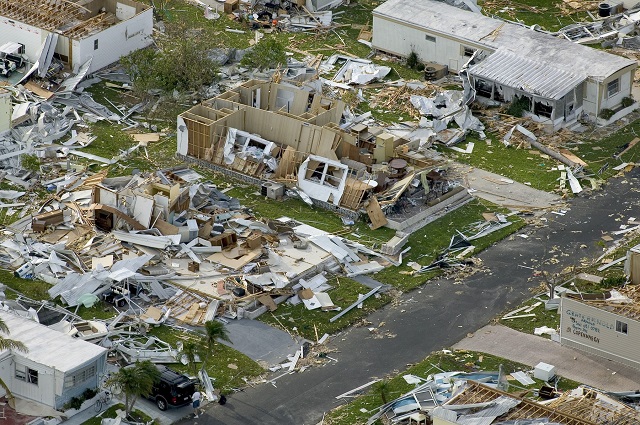News Story
(Below is a backup copy of the original article with as much credit to the publisher as well as the author that we can provide. By no means do we mean to violate any copyright laws. This page is appearing because someone indicated that the original story was unavailable.)
Climate change: war, famine, drought, make more women not want children
Though Laura Formisano says she never felt a huge desire to have children, she used to presume that would change.
But climate change could make the planet so uninhabitable, she says, she’s not sure she can ever bring herself to become a parent.
“It almost feels like a con, to bring a child into the world when it’s probably not going to be a place we’re really going to want to live,” says Formisano, 30, who manages a co-working space in Los Angeles and has been married for seven months.
Is the future simply too horrific to bring children into? Some couples, frightened by the prospect of droughts, wars, famines and extinctions brought on by climate change, are making that decision.
A Facebook group for women to discuss the idea launched this month, and it's winning over supporters in Europe and the USA. Conceivable Future, a U.S.-based group, has held more than 50 house parties in 16 states in recent years where women worried about global warming discuss forgoing motherhood.
“There are around 70 new signups in the last seven days,” says Blythe Pepino, who helped create the Facebook page #BirthStrike.
The reasons women come to that decision are many and varied, but they tend to focus on what they call a clear-eyed view of the changes a warming planet are likely to bring.
For some, the consequences are all too easy to imagine.
Eight years ago, a tornado devastated Christy LeMaster’s hometown of Joplin, Missouri. The monster storm was 22 miles long and at times a mile wide. It killed 158 people, injured 1,150 and destroyed almost 7,000 homes. LeMaster's family was OK, but she knows many people who weren’t.
“The reality is, they’re still rebuilding. Tornadoes on that scale are only supposed to happen every 50 or 60 years. When catastrophes on this scale start happening more often, what does life look like?” says LeMaster, 38, who lives in Chicago and curates public programs at the Museum of Contemporary Art Chicago.
Though LeMaster says she's not someone who has "a deep drive for child-bearing," she'd long thought she would have children. But as climate change stokes the prospect of serious economic dislocation and fights over resources, "I feel even more scared now," she says.
"If I'm honest with myself, I don't know what water will look like in 10 years, what temperatures will look like in 15, or even food distribution," she says.

